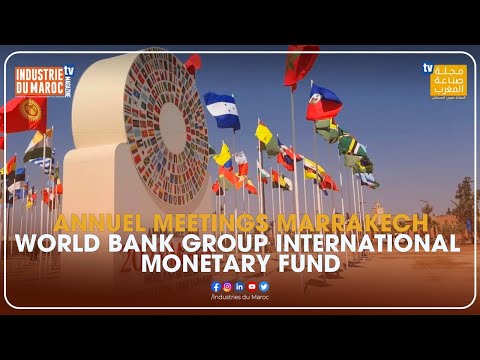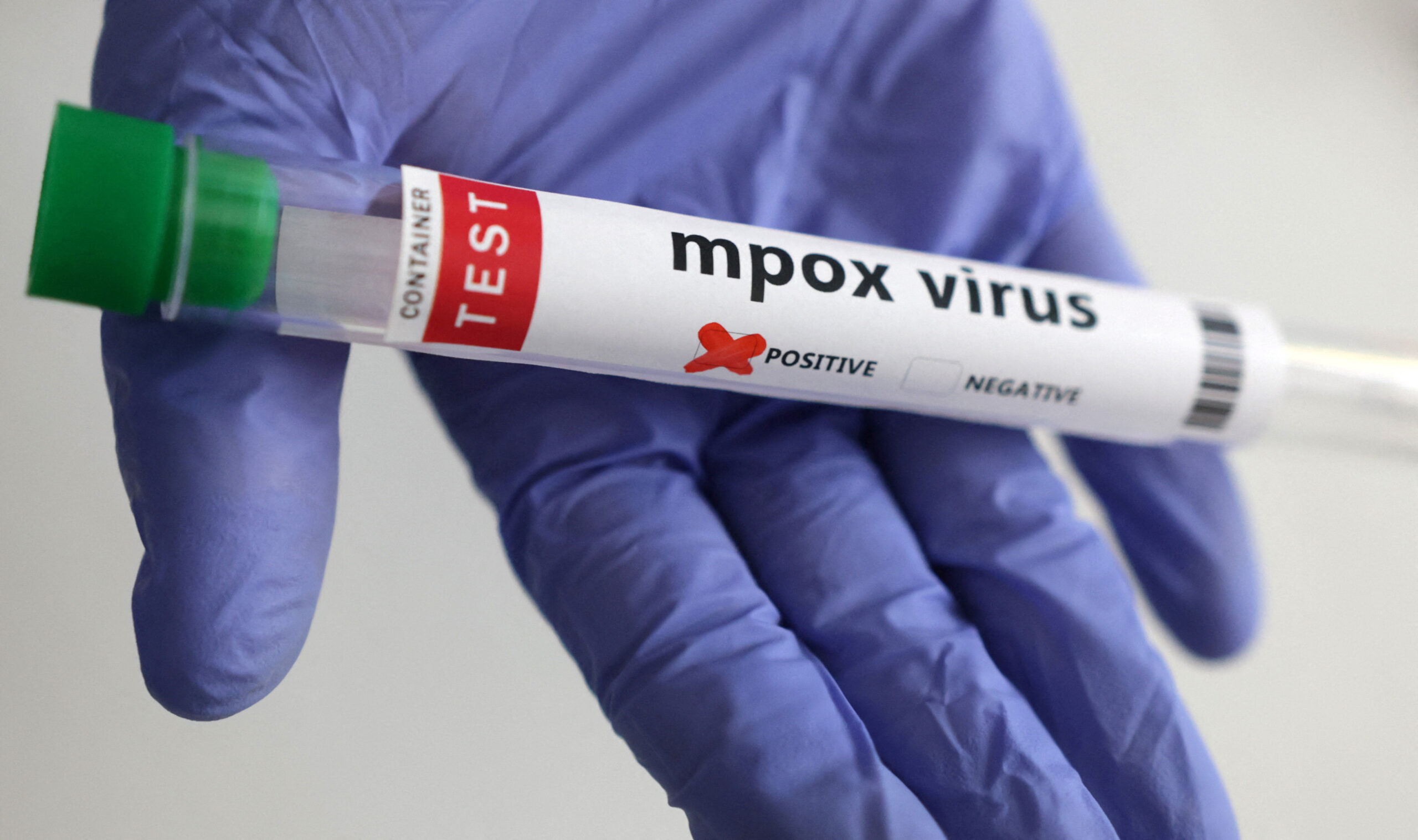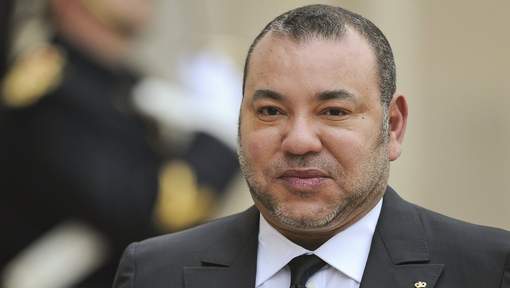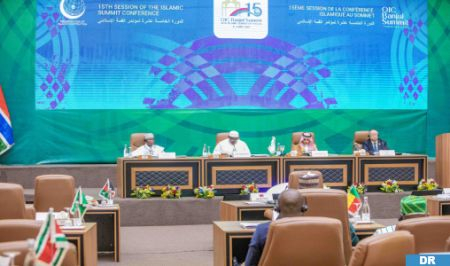The IMF announced Saturday member nations agreed to increase their contributions to the global lender and give sub-Saharan Africa a third seat on its executive board at its first meetings on the continent since 1973.
The IMF announced Saturday member nations agreed to increase their contributions to the global lender and give sub-Saharan Africa a third seat on its executive board.
Boosting the International Monetary Fund’s quota resources and giving Africa a bigger voice within the institution were among the priorities of the week-long WB/IMF annual meetings held in Marrakech, Morocco, October 9 through 15.
Spanish Economy Minister Nadia Calvino, who chairs the IMF Financial Committee, said at a press conference that there was “agreement on a meaningful increase of quotas by the end of the year.”
The quotas, which are based on the size of a country’s economy, determine how much funding a nation should provide to the IMF, its voting power, and the maximum amount of loans it can obtain.
IMF chief Kristalina Georgieva and World Bank President Ajay Banga used this week’s meetings to urge members to step up funding so their institutions can better support nations hit by poverty and climate change.
Ms Georgieva welcomed the agreement on quotas as “very heartwarming.” The objective is to “financially strengthen the Fund so that we are able to intervene in the event of an additional shock.”
Asked if the IMF would change the distribution of votes, the managing director said: “members agreed that this would be the next step and that there would be a clear path and a plan to get there.”
Currently, the distribution of quotas favors advanced economies, particularly European countries, to the detriment of large emerging countries, led by China and India, which have been calling for reform of the system for several years.
But Western countries, while they say they are open in principle, are rather opposed to the idea, fearing to see China’s role within the IMF strengthened.
Although the distribution of votes was not changed, the IMF agreed to expand its board of directors from 24 to 25 members, in order to give an additional seat to Africa, which until now holds two seats.
“Despite all the difficulties, I can only congratulate our members for having found this path of solidarity, on which hundreds of millions of people depend,” said Ms Georgieva, stressing that the decision had been unanimous.
Moroccan Minister of Economy and Finance Nadia Fettah described the decision to allocate an additional seat to Africa on the IMF Executive Board as an important step forward, saying this seat would give Africa a permanent voice in the IMF’s governing bodies.
She noted in a statement to the media that the Annual Meetings were a good opportunity to amplify the continent’s voice on the issues that concern it and that the high-level meeting with finance ministers and representatives from several African countries had highlighted the need to provide the necessary support to vulnerable countries, in terms of poverty alleviation, development and climate financing, as well as debt repayment.
“We have also agreed to launch a joint appeal to the World Bank and IMF to address these needs, and have set up a task force to continue this essential dialogue,” she said.
“The World Bank has announced initiatives in favor of climate financing, but it’s clear that more resources will be needed to meet these challenges,” noted the Minister.



